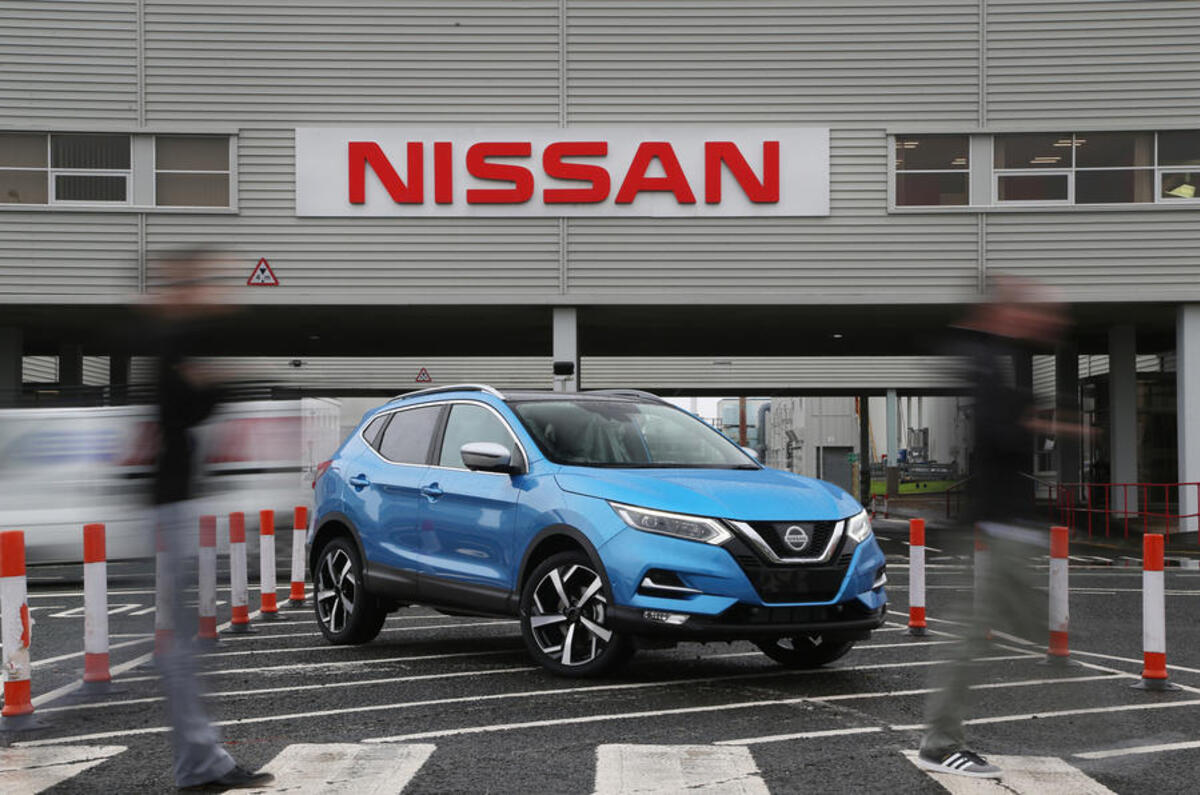A strong case could be made for no foreign car maker having backed the UK automotive industry as strongly or over a longer period of time as Nissan has.
Not only does it have the mighty Sunderland plant, the annual output of which has regularly passed half a million cars, but also the Cranfield engineering centre and the Paddington design studio where many of its global hits, like the Nissan Qashqai and Nissan Juke, have originated.




Add your comment